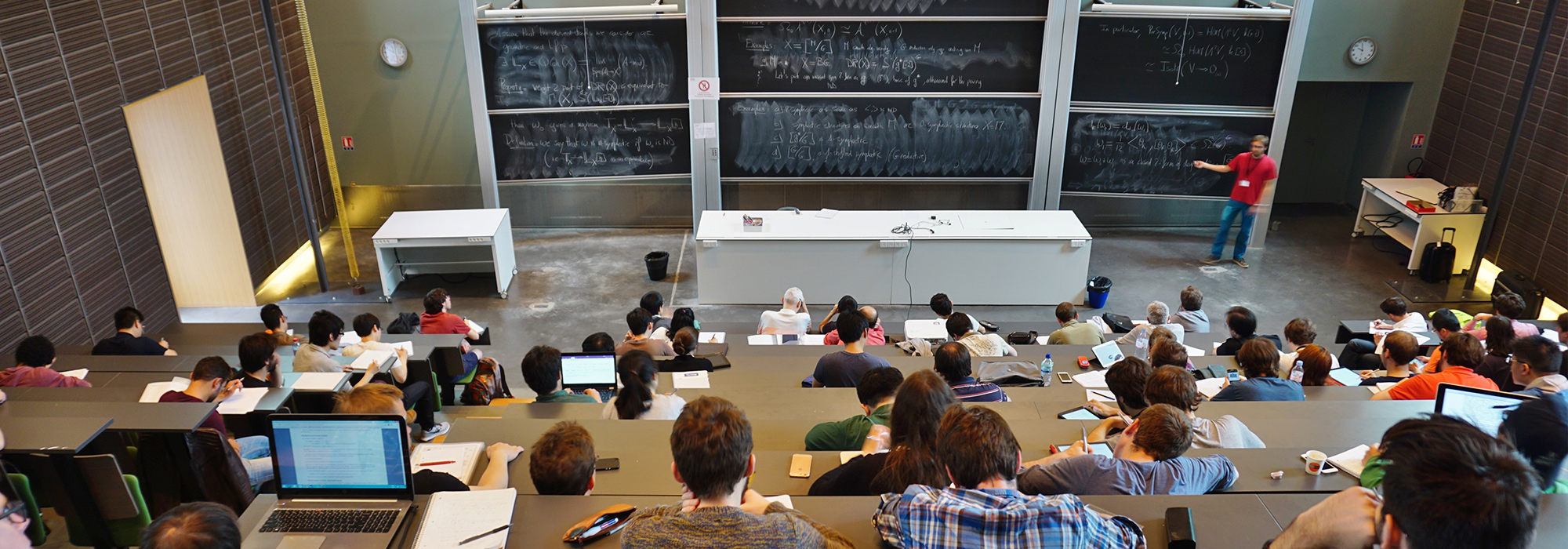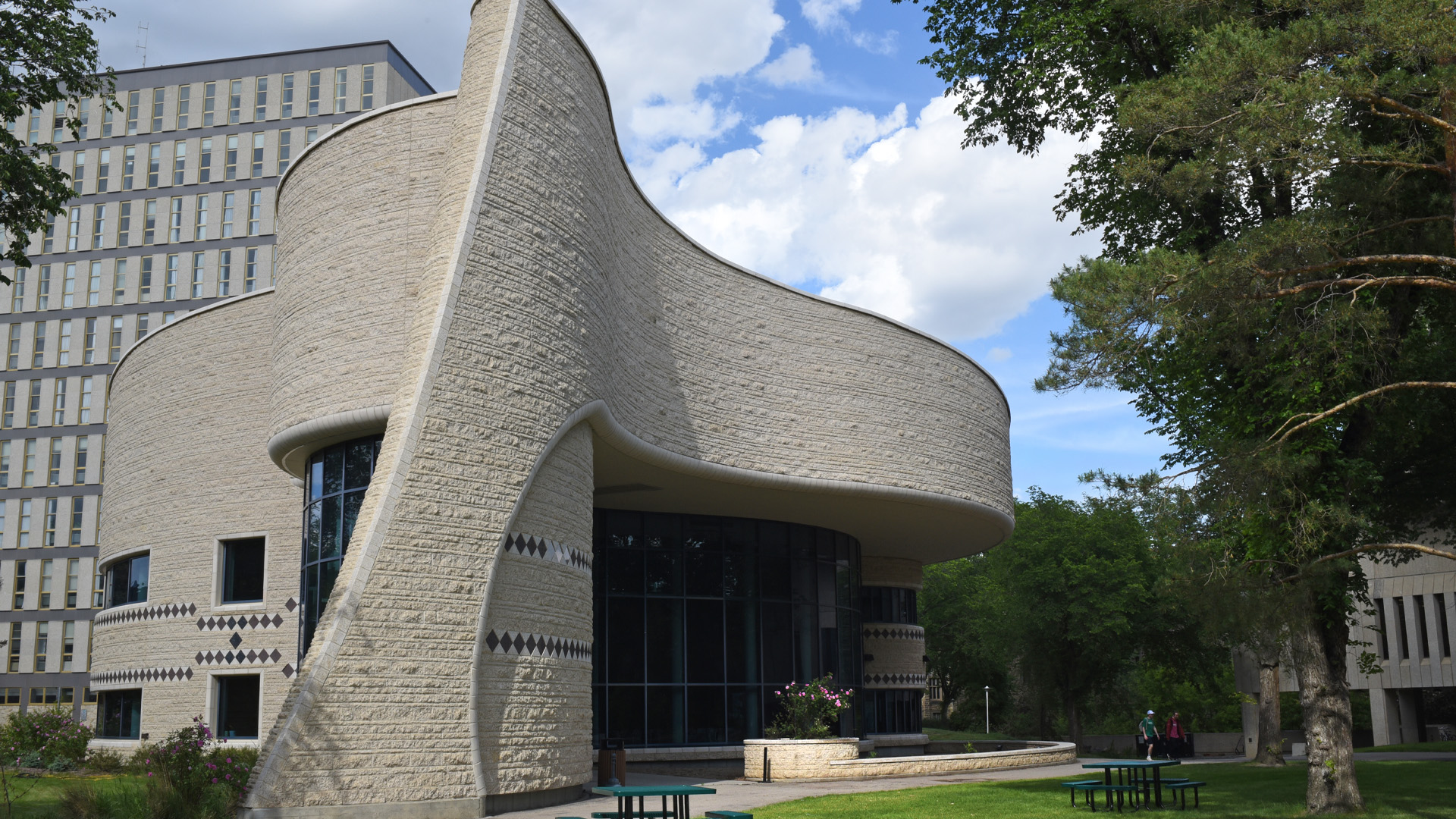
Like Hymie Rubenstein, I detest the repressive speech codes of academe, the stultifying anti-intellectualism of faculty unions and the political mush that passes for scholarship among so many of my colleagues. I too would like to see it all disappear. But eliminating academic tenure won’t help, and would probably make things worse.
Consider postmodernism. At heart this is a political movement that on too many occasions has seen its progress impeded by facts and reason. Advocates have responded with an assault on the concepts themselves. If there is no Truth, then the advance of political ideas will depend only on the persuasive skills of the proponents. Any weakness in the intellectual content is irrelevant.
While one can admire the bold imagination of a strategy like this, it is still amazing that such a silly idea could be taken so seriously. In truth it made little progress among economists, and few in the hard sciences bothered to look up from their work. In other departments, however, and in the political workings of the university it remains a significant force. It is an unfortunate fact, in academe as elsewhere, that politics and sentiment can be just as important as intelligence, hard work and being right.
But this is exactly why we need academic tenure. Professor Rubenstein would abolish tenure so that he can fire all the postmodernists. Like others who advocate greater central control of an institution, he envisions himself happily ensconced at the centre. But what if the postmodernists fire him? They already control his faculty union. We know they have no respect for the speech of others, and some will surely find his eloquent expressions of disdain to be personally discomforting. Victimised by his insensitive and hurtful criticism, and unfettered by any respect for Truth, they may feel quite justified in seeking his dismissal.
So we should always be careful what we ask for, and freedom of expression requires that we safeguard the speech of those we disagree with—even those who would restrict speech itself. But there is more to tenure than the protection of academic freedom.
Critics of tenure seem to think that a university should be organised in the same way as a professional sports franchise. A good sports team begins by trying to identify and hire the most talented players it can find. But performance is constantly monitored, and one bad season or even a few bad games can lead to dismissal. Athletic salaries are high but careers are short and there is no respect for past glory.
At a good research university the goal is also to field the best team possible. A top university will go out of its way to hire and retain the very best young scholars. But old professors stay on to retirement, in some cases long past the time when a fresh new face would have improved the performance of the department. It is not academic freedom that is wanting, but academic performance. Why should this happen? If the goal is really to generate the best research and teaching possible, why are universities not organised more like sports teams?
The answer is unlikely to be that the training period of a professor is particularly long, or requires exceptional dedication, or is undertaken with a low probability of success. Athletes too must devote their youth to focused study for little or no remuneration and with no guarantee that their efforts will ever help them earn a living. Nor is it clear that an academic has more to lose if he is forced to give up his job late in life. Athletes love their work and often have very few skills to bring to the outside labour market. There is no reason to believe that those with physical skills should be more tolerant of this kind of risk that those whose strengths are intellectual. And I hope we can all dismiss the idea that professors need job security because their higher social status demands it.
In fact there is an important difference between a university and a sports team that helps explain the need for academic tenure. In athletics it is relatively easy to identify the best young talent. The owners of the team or its managers are experts in the game and can pick out the best people to hire. In academe this is much more difficult. The principal of a university might be trained as a historian, the dean as a mathematician and the associate dean could be an economist. No matter how smart and dedicated these people are, the state of knowledge is now so broad and so deep that they would be quite helpless in a discipline outside their own.
What to do? In any good department it is the incumbent professors who choose whom to hire. These are the only people at the university in a position to judge the abilities of candidates. Six or seven years later the incumbent professors also get to choose whether this person should be retained with tenure or forced to leave. These decisions are called “recommendations,” in that they get sent to the dean, who may add his thoughts and forward them on to the principal. But no dean or principal who respects the strength of a department would overrule its hiring and tenure decisions.
Given enough time, the research and teaching productivity of a professor becomes easy to observe. It is possible for a dean to identify her good departments, and to identify those senior professors in a department who are doing the least to help. So in principle the university could accept a department’s advice on whom to hire, but still reach in and fire those senior professors who are particularly weak.
But suppose you were working at a university that had this kind of a policy. You understand that, with rare exceptions, everyone in academe sees his research performance fall as they age. You also understand that as knowledge grows each generation of new scholars has a head start on the previous one. So you know that if you hire the best candidates there will come a time when your output will fall below that of the younger people in your department. In this context, why would you ever hire someone you expect to be better than yourself? You would just be asking to be fired.
Tenure exists in academe not just to preserve free expression. It is also necessary if academics are going to hire the very best candidates. But no argument for tenure is justified if the university is not genuinely involved in the creation of new knowledge. If teachers are simply passing on existing doctrine, as they were centuries ago when universities were religious colleges, and as they do today in community colleges and high schools, then there are no good arguments for tenure. Just as in any other industry we should let management identify and hire the best performers they can find and replace or retrain those who can’t do the job.
University professors enjoy a great deal of autonomy. They choose what to teach and how to teach it. They choose their topics of research. They decide whom to hire and whom to retain with tenure. In any other organization all of this would be management work. But this suggests that it may not be tenure that is the problem so much as unionisation. Since when do managers get the protection of a union?
If I were ensconced at the centre of a planned university system, I would leave tenure alone but I would banish the faculty union. At a non-unionised university the voice of faculty is dominated by those whose intelligence and performance have earned the respect of administrators. At unionised universities it is just the opposite. I can’t express it any better than Jack Granatstein, as reported by Robert Fulford in The Globe and Mail, May 11, 1994.
Granatstein led the campaign to unionise the York faculty two decades ago, but he now believes faculty associations have created a bureaucratic, self-serving culture, dominated by failed academics mainly interested in protecting themselves. They don’t understand the life of the mind, “only the struggle against the bosses, the white patriarchy, or their more accomplished colleagues.” They are “ideologues masquerading as academics, the unpublished protecting the undistinguished.” Able scholars usually decline to serve on faculty associations, so ideological politicians and academic drones take charge.
That’s the problem with universities today. Tenure is not a solution, but without it things would be far worse.
Photo: Shutterstock







